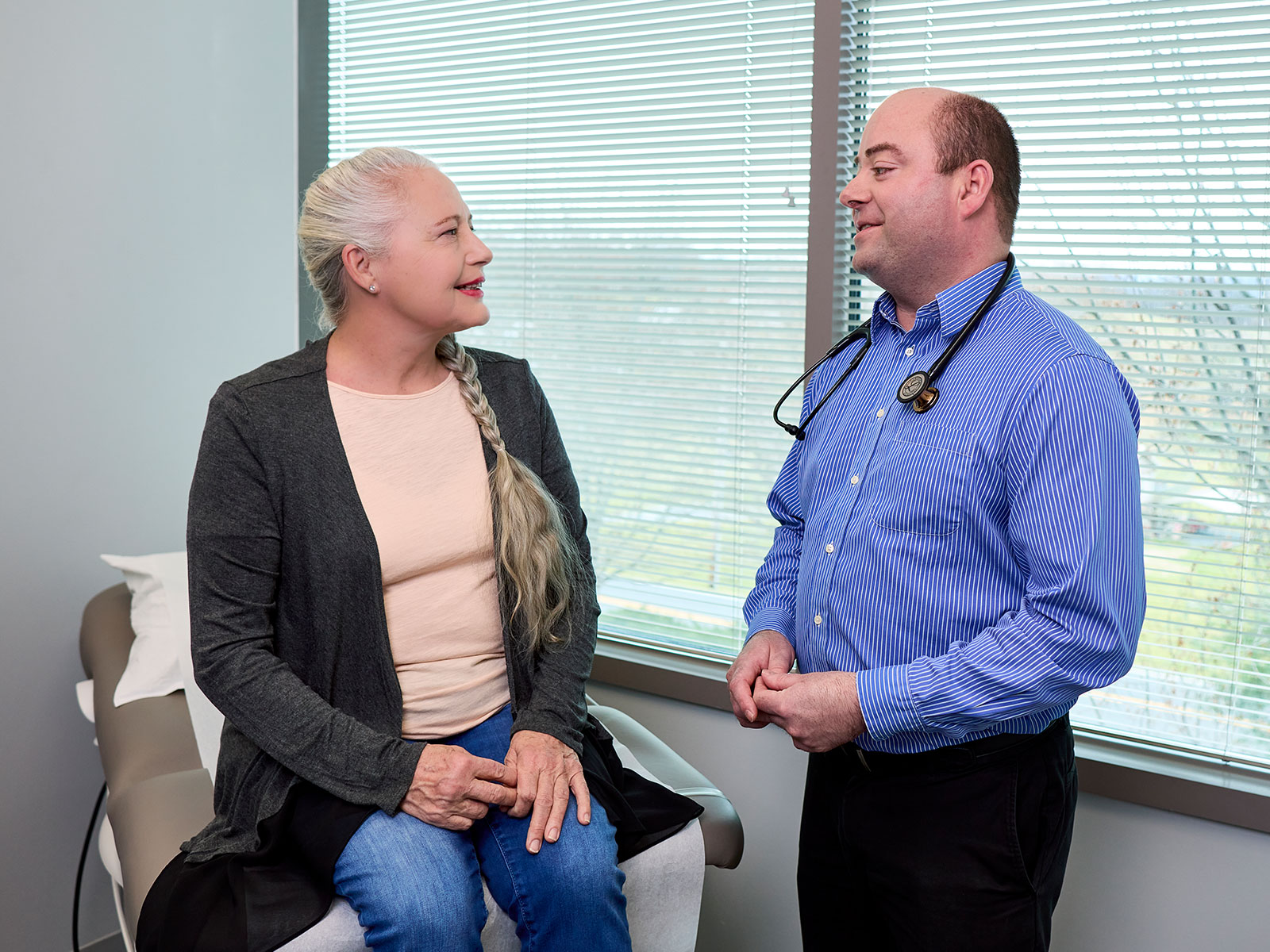Value-based care report

Insights from a mid-sized practice
Holston Medical Group is a mid-sized practice located in Kingsport, Tennessee.
What have been or continue to be some key areas of focus and investment?
Building relationships with patients so they know we are here for them is first and foremost. Patients know they can come to the office first, not the hospital. HMG is where they get the best care and if more intensive hospital care is needed, we will direct them there. In building relationships, we build confidence. By bringing the patient to the office for their Annual Wellness Visits and keeping their diagnostic results and specialty appointments in our electronic medical record (EMR), we are delivering the best care. One complete medical record that can be accessed by our pharmacy partners, specialists and diagnostics helps eliminate duplicate services and spotlights gaps in care.
To be able to provide the necessary reporting structure for multiple payers for value-based medicine, HMG had to improve upon its ability to obtain and format pertinent data from our EMR. We invested in developing a more robust IT department and data analytics, so we were able to capture and report on the information needed to showcase the work being done.
HMG developed a system within our EMR of providing the patients’ current risk scores with a year-over-year comparison and what HCC diagnosis the patient may be missing. This allowed us to ensure we were properly capturing all the diagnosis claims to report to the payer. Through value-based medicine, we also began campaigns that focus and center around wellness visits, as well as work to close gaps in care with patients.

The data on this infographic is from the 2022 VBC report.
How has the relationship with payers evolved under value-based care?
We have been communicating more frequently and more in-depth with payers since we began value-based medicine. There are regular meetings to discuss the high cost of some medications, for example. This has led to suggesting to the provider and/or the patient the potential to use a generic medication or one that is just as effective but at a lower cost. Being able to drill down to the particular risk or medical expense ratio is essential to treat patients effectively, as well as remaining financially responsible.
We see the payers as our customers and business partners. We know we are in this together to provide quality care. When we began a value-based program with Humana, HMG went into the process with a 25% risk model.
We were very successful in our efforts and eventually moved to a 50% risk, and now we are at 100% risk. Our work with Humana also helped to pave the way for us to work with other payers. Humana works with us when our patients have a specific need. They listen when we give them feedback, but at the end of the day, they are a patient-advocate first, as they should be.
What is a lesson your practice learned that led to success?
The transition of care visits in the office really works to keep patients’ readmission rates low. I have heard our care coordinators and patient-centered medical home staff discuss how they speak with a patient to determine if additional care is needed. For example, they arranged for an earlier appointment or gave feedback about the patient’s issues so the provider could take immediate action.
What are some outcomes your practice and patients have experienced?
Over time, our readmission rates have decreased. This is a direct result of the work we put into making the transition of care calls and follow-up hospital visits within the 7 – 14 days of discharge. Our diabetics have better A1C control and chronic kidney disease outcomes with constant monitoring and focus.